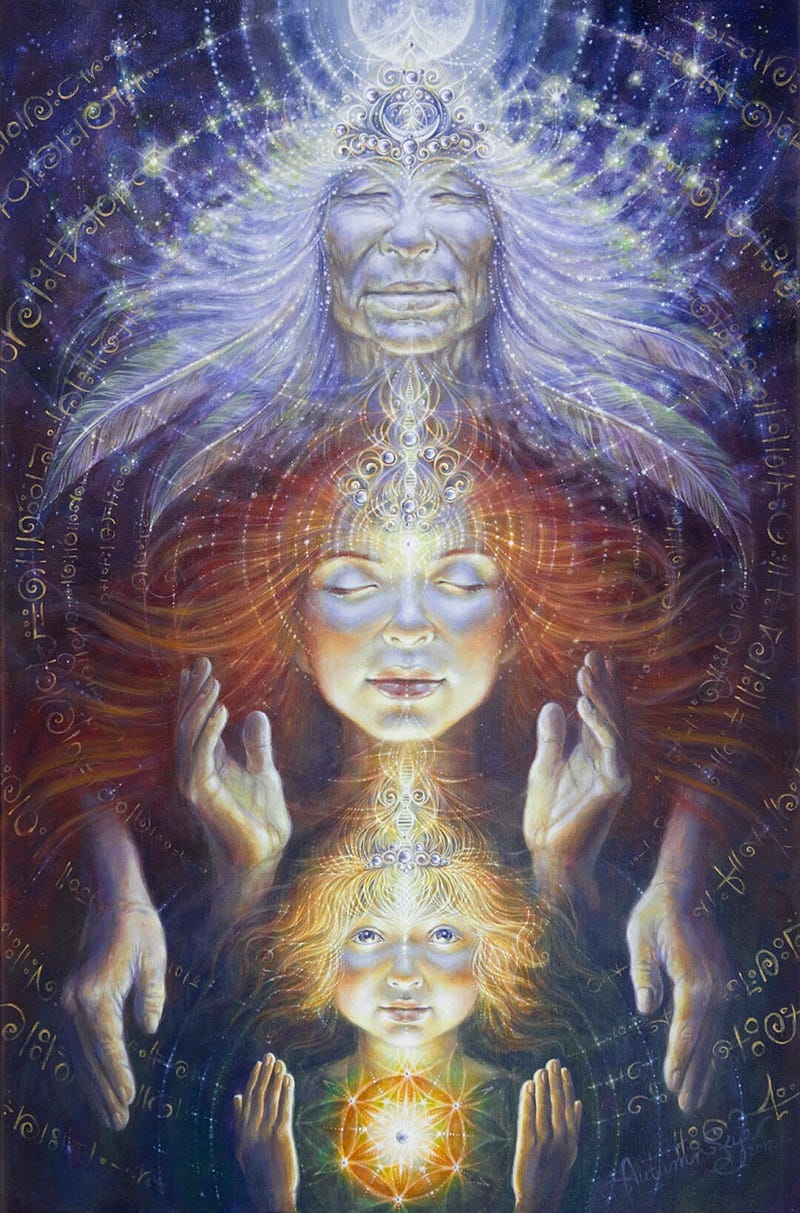
When reading the words of an enlightened being, we can only interpret their meaning. It’s not that we need an understanding of the ‘subject’ in order to know their true meaning. On the contrary, it’s that we need to not have an understanding that stands in the way.
If we have sufficient meditative insights, we can hear the meaning, like it’s a musical score, guided by our own insights, that are like the possible individual notes that can be arranged in a composition.
If we only study words, without ever gaining the necessary insights, we are forever outside the music hall and we can only interpret what was meant.
And along our way, even until our enlightenment matches that of the enlightened being we are trying to listen to, we will surely miss some of the complexity in the song.
Personally, I don’t know of a single fully enlightened Western translator (my apologies to those that are), and so the words of someone like Dōgen that I can read in a language other than his native Japanese, is already an interpretation. Onto this, I cast my own.
So, I always take what we students say, to be interpretations. I don’t mean that they are necessarily wrong, I am just reminding myself not to fix an understanding in my mind that will stand in the way of hearing the real music.



